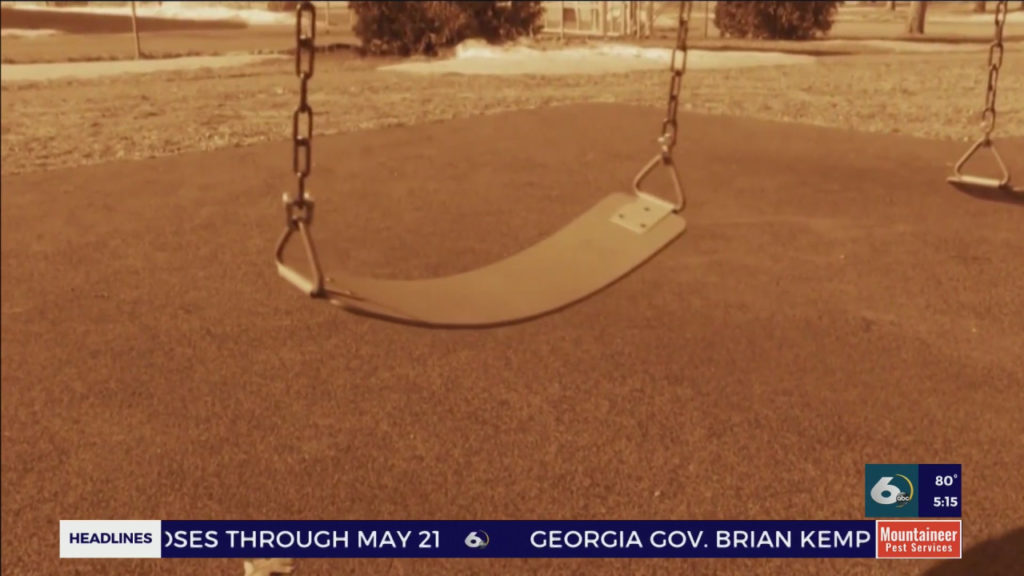AUGUSTA, Ga. (WJBF)– According to the CDC, mental health related emergency room visits have sharply increased in recent months, specifically for middle and high school students.
Child psychiatrist at the Medical College of Georgia, Dr. Dale Peeples, says this age group is particularly sensitive to disruption in their routines, like changes in school schedules.
“This year has been really challenging for a lot of kids when it comes to staying on top of the school work and trying to manage the switch from remote learning to in-person learning,” Dr. Peeples said.
He says many of his patients have found the switch to at-home learning difficult.
“You’ve also got kids who just are really having to figure out time management all on their own now,” Dr. Peeples said. “They’re not able to have a lot of supervision at home because parents are still working, so it’s sort of left up to them to stay on top of the work.”
A way parents can help their children navigate these changes is by maintaining a sense of structure.
“Trying to make a routine around doing the school work, doing the homework. Trying to make sure that you’re making time for physical activity,” Dr. Peeples said. “And paying attention to eating regular, consistent meals.”
He says to be aware of symptoms of depression– symptoms that aren’t always what you may expect.
“Of course it can be feeling sad and feeling down, but we’ve also got to be on the look out for kids feeling irritable and angry. That can be a way that it presents in children,” Dr. Peeples said.
Also be aware of changes in sleep and appetite, as well as a loss of interest in activities the child used to enjoy.
“Having regular communication and conversation, checking in with your kids is the first step,” Dr. Peeples said.
He says it’s a common misconception that visiting a psychiatrist means your child will be medicated. Dr. Peeples says medication may be necessary in some cases, but the problem can often be addressed through talk therapy.
“You don’t have to think oh it automatically means my child needs medicine. A lot of times just talking through things and problem solving and working with a therapist on managing the depression and anxiety can really do a lot of good,” Dr. Peeples said.
